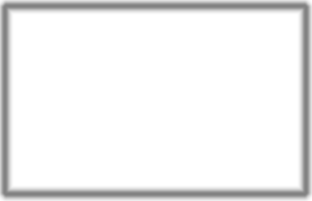Photographs: Signs like this are seen in many public places in Russia. This one says "Invalids and veterans of the Great Patriotic War do not have to wait in line to be served."
In a socialist society, the goods and services available to an individual extend beyond that person's salary. A large role in Soviet society was played by what were called "public consumer funds," through which the government both moderated inequalities (by giving pensions to disabled people and other vulnerable groups) and distributed many services equally among citizens.
The state guaranteed a free public education through professional studies and provided job placement. Health care was free. This system was broader than Western-style social welfare. Public transport was very heavily subsidized, so that its cost to the individual hardly reflected the actual cost of running the system. The same was true of payments for rent and housing support services. The actual quality of these services and what followed from the fact that the housing did not belong to residents is the subject of much of this site.
In addition to benefits available to everyone were those distributed through the workplace. Say, for example, you worked for the railroad. Your children would then go to the daycare associated with it; they would go to a summer camp that belonged to the transport ministry. Your medical clinic would be associated with the railroad, your summer hotel would be associated with the railroad, and your living space (even in a communal apartment) would belong to it. The same thing would happen to those who worked with the police, in the Academy of Sciences, at a factory, or at a museum, up to the Central Committee of the Communist Party itself. A significant proportion of the urban population of the USSR utilized such channel of access.
Inequalities arose as a result. In order to receive something better than what you might be entitled to from your place in the system and the social hierarchy, it was necessary to figure out ways to access other channels, and for this, various forms of pull were required.



